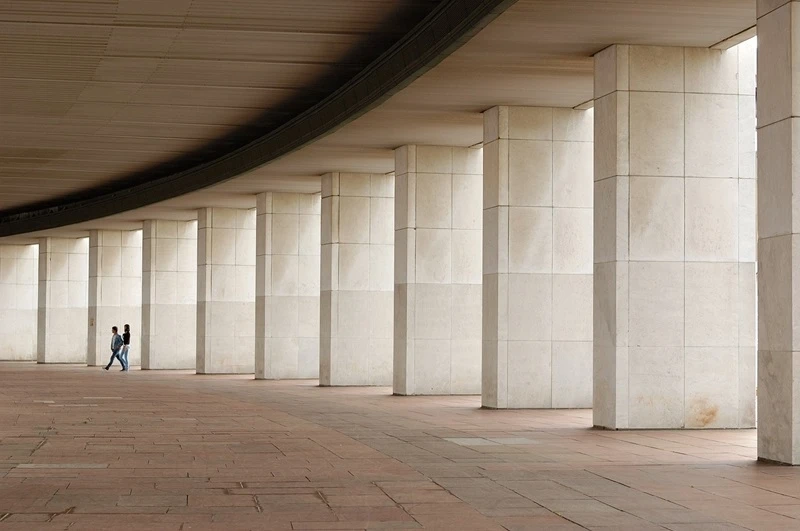Have you ever wondered why certain concrete structures maintain their lustrous finish despite weathering harsh climatic conditions? How some driveways remain stain-free and appealing after many years of use, while others acquire a dull, worn-out appearance? What if I tell you, the answer rests in a key step within the concrete finishing process: concrete sealing.
Concrete sealing, an essential yet often overlooked component of the broader construction process, plays a substantial role in prolonging the beauty and lifespan of concrete surfaces. In this blog, we delve into the importance and benefits of concrete sealing, and reveal why this simple step can save you time, money, and effort over the long haul.
This comprehensive guide will help you understand why sealing concrete surfaces is a crucial maintenance task, how it contributes to the preservation of outdoor structures, and who can best perform the job, ensuring you optimum results.
The Indispensable Role of Concrete Sealing
Every diligent homeowner or property manager wishes to guard their investment against deteriorating factors like heavy footfalls, vehicular activities, moisture infiltration, and premature aging. Here is when concrete sealing comes into the picture.
Concrete sealing lends a protective layer to the surface, reducing porosity and preventing ingress of damaging substances. The sealant acts as an impervious barrier that substantially improves the concrete's lifespan by resisting cracks, surface spalling, and other forms of wear and tear.
Furthermore, by adding an element of aesthetic charm to your outdoor spaces, concrete sealing enhances the property's curb appeal. It brings out the richness in color and texture of decorative concrete, maintaining the look and feel of the space for a considerable period.
Understanding Different Types of Concrete Sealers
Stepping into the world of concrete sealers, you'll come across a wide variety of options covering a range of application needs. Penetrating sealers, for one, seep into the surface to form a chemical barrier resisting water and salt damage. They're an excellent choice for outdoor applications, driveways, and pool decks owing to their nonslip finish and invisible protection.
Acrylic sealers form a thin protective film on the surface and are widely lauded for their versatility, quick-drying properties, and UV-resistance. High-quality epoxy and urethane sealers, whilst slightly more expensive, provide unmatched protection against oils, grease, and harsh chemicals, making them a favorite for garage floors and industrial applications.
The Right Time to Seal Concrete
Ideally, fresh concrete should be sealed after it has cured for a minimum of 28 days. However, each sealer manifests its unique set of guidelines regarding the recommended curing time, so it's crucial to refer to the product's instructions.
Existing concrete structures, on the other hand, need to be clean and dry before the application of sealers. Typically, sealing should be completed during mild weather conditions to ensure optimal adhesion and performance. Regular resealing every few years will ensure the longevity and aesthetics of your sealed concrete spaces.
Engaging Professional Concrete Sealers
For all its merits, concrete sealing is a task that demands technical know-how and precision. Underestimating the complexity of this undertaking can lead to disappointing results.
Professional concrete sealers take into account factors such as surface type, weather conditions, type of sealer, and project scale. They have the skill, equipment, and expertise to ensure the job is executed impeccably, the results of which you'll appreciate for many years to come.
Pros and Cons of Concrete Sealing
Like any other home improvement decision, you need to weigh up the pros and cons of concrete sealing. Key advantages includes extended lifespan of concrete structures, enhanced aesthetic appeal, and increased property value. A sealed surface is also easier to clean, maintain and is resistant to stains, weather damage, moisture, and UV rays.
Cons to consider include the upfront cost, time and effort for proper application, and the necessity for regular upkeep. Additionally, failure to apply the sealer correctly can lead to undesirable results such as discoloration and blotching.
Conclusion
In conclusion, sealing concrete surfaces is an investment worth considering if you wish to maintain the charm and durability of your spaces. The process enhances resistance against damaging elements and helps retain the decorative appeal of concrete, ultimately adding value to your property.
While the task involves a considerable investment of time, money, and effort, the benefits it brings appreciably outweigh the cons. By hiring competent professionals, you can ensure a flawless application and better returns on your investment. So, consider giving your concrete surfaces the protective coat they deserve for a longer life and a consistently appealing look.


